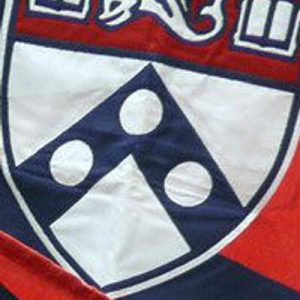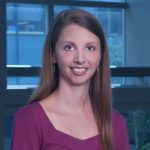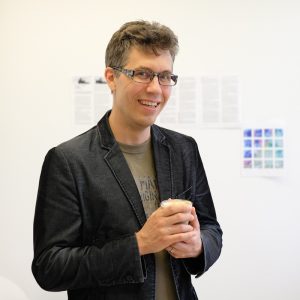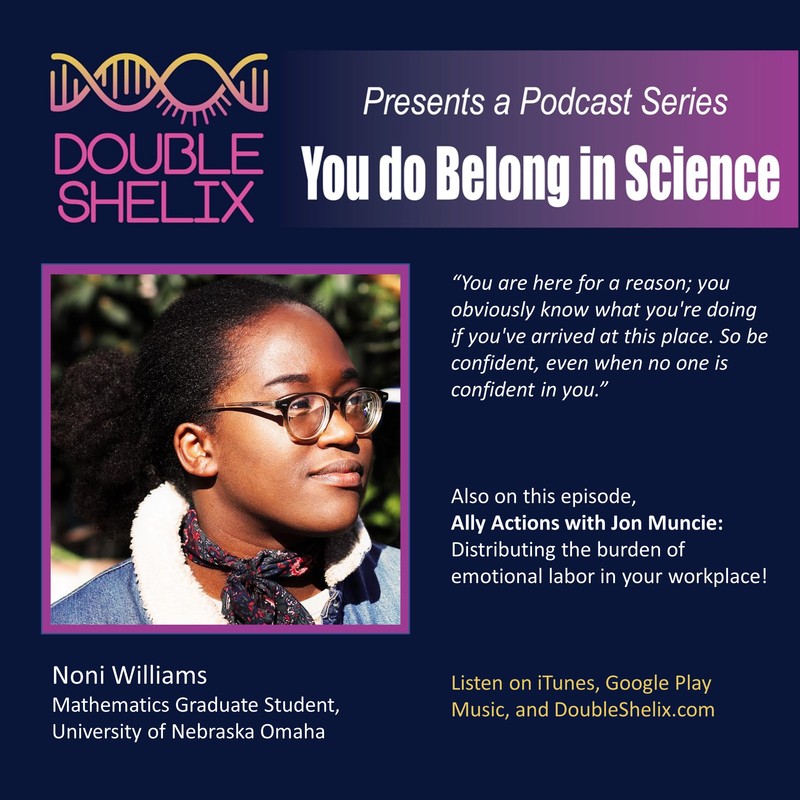
The real value of STEM outreach is the positive youth development and mentorship that students receive. Being inspired to pursue a STEM career? That’s just a welcome bonus, says guest Noni Williams, a math graduate student and data scientist . Noni joins Kayla and Sally of the Double Shelix podcast to discuss effective strategies for STEM and professional development outreach to kids and teens and her extensive experience leading initiatives from robotics and digital art festivals to AP Computer Science and slam poetry. Also, allyship correspondent Jon Muncie checks in for a discussion on how we can all work to distribute the burden of emotional labor equitably in our workplaces and beyond.
Sally and Kayla also discuss with Noni her experiences being the only woman and/or student from an underrepresented background in her graduate mathematics courses and balancing work as a data scientist at United Way of the Midlands with graduate school. Noni gives advice for others in similar situations. Some of Noni’s keys to success including tracking gratitude, finding peer mentors, and defining clear boundaries around her time. Noni brings her *extensive* experience leading STEM outreach initiatives for kids and teens to this episode.
Upcoming #YouDoBelongInScience episodes will feature your stories! Fill this form or call our voice mail, 415-895-0850, to share your story of (dis)belonging in STEM. Sally and Kayla are hoping to share a diverse set of experiences from our listeners, but they need you to help make that happen!
Get your Double Shelix and You Do Belong in Science stickers here.
Resources
- The nonprofit No More Empty Pots. Visit their coffee shop No More Empty Cups near 10th and William in Omaha (just a few blocks south of the Old Market!)
- United Way of the Midlands Omaha, where Noni is Manager of Solutions and Continuous Improvement
- Follow Noni on Instagram @nonihasknees
- Follow Jon on Twitter @jmmuncie
- Follow Sally and Kayla on Twitter@sallywinkler and @Kayla_J_Wolf
- Follow @BetterMaleAllies on Twitter – more excellent allyship tips!
- Follow us on Twitter @doubleshelixpod
Check out upcoming guests here.
If you liked this episode, listen to a previous Double Shelix episode with mentorship expert Julea Vlassakis -“Next Level Mentorship for Mentees and Mentors”
Rate, review, and subscribe to this podcast on iTunes! And please, tell your friends about this podcast!
Podcast: Play in new window | Download

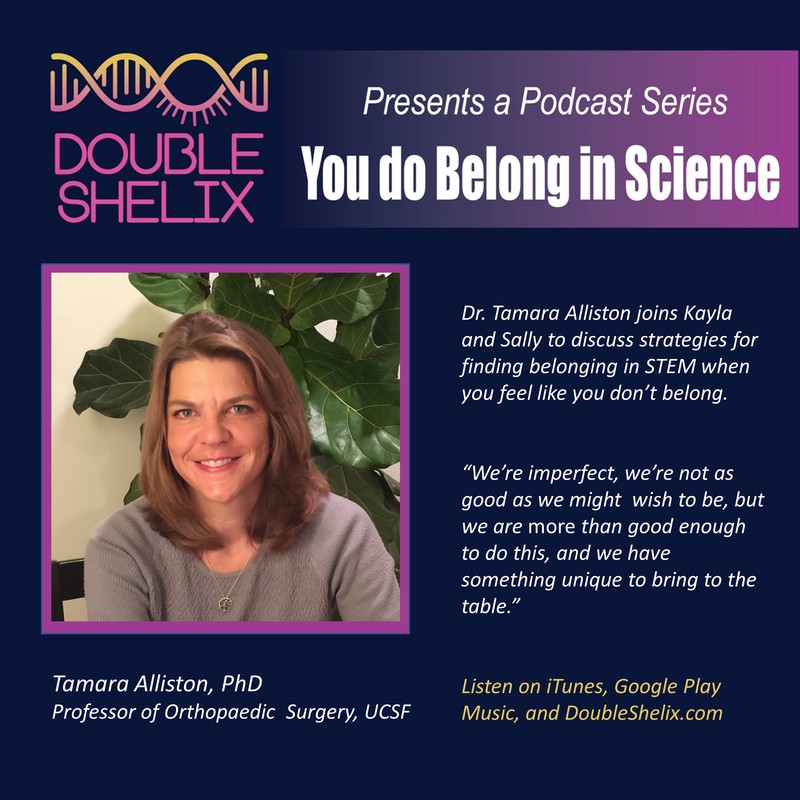
 In the latest podcast from
In the latest podcast from 
